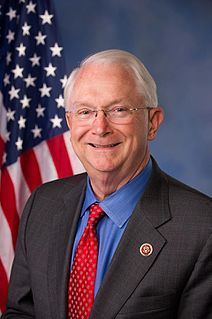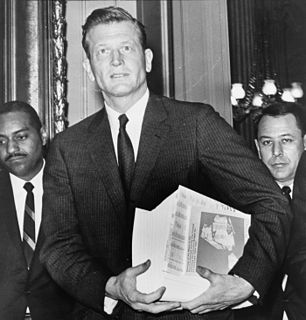A Quote by Carlo Rubbia
We have to be aware that fossil fuel energy sources have an expiry date. A timeframe of 30, 40 or 50 years can seem a long time to get rewards for economic policy, but it's only a short time for implementing a new energy policy.
Related Quotes
This curious faith is predicated on the notion that we will soon develop unlimited new sources of energy: domestic oil fields, shale oil, gasified coal, nuclear power, solar energy, and so on. This is fantastical because the basic cause of the energy crisis is not scarcity: it is moral ignorance and weakness of character. We don't know how to use energy or what to use it for. And we cannot restrain ourselves. Our time is characterized as much by the abuse and waste of human energy as it is by the abuse and waste of fossil fuel energy.
We [American nation] can now, by virtue of new technology, actually get all the energy we need in North America without having to go to the - the Arabs or the Venezuelans or anyone else. That's why my policy starts with a very robust policy to get all that energy in North America, become energy-secure.
Under the rule of the "free market" ideology, we have gone through two decades of an energy crisis without an effective energy policy. Because of an easy and thoughtless reliance on imported oil, we have no adequate policy for the conservation of gasoline and other petroleum products. We have no adequate policy for the development or use of other, less harmful forms of energy. We have no adequate system of public transportation.
Every candidate running for president has got to answer the following very simple question: At a time when we need to address the planetary crisis of climate change, and transform our energy system away from fossil fuels and into energy efficiency and sustainability, should we continue to give $135 billion in tax breaks and subsidies over the next decade to fossil fuel companies?
































